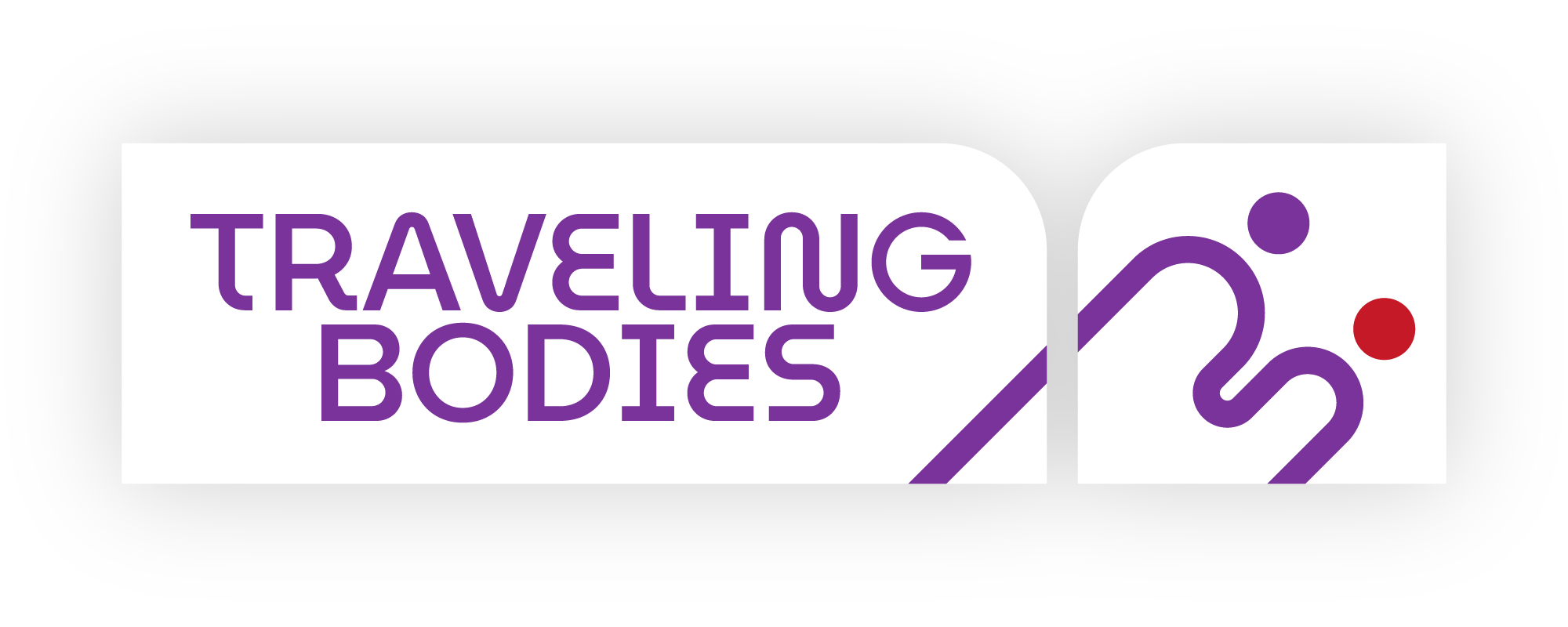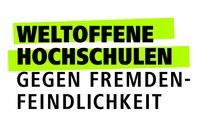
Network

Our Research
In contemporary research, travelers are often presented as characters who, while being on the road, resonate with and negotiate culturally specific discourses – individual and collective – of encountering and constructing the ‘foreign’ and the ‘other.' Traveling as embodied practice, the body as a medium of travel, and the articulation of the embodied traveling experience have so far been widely neglected by literary and cultural studies explorations of factual and fictional forms of travel writing. This is surprising since travelers are always also “traveling bodies” and the body figures as a central aspect of the travel experience. This embodied experience shows the irreducible interrelation of self and other; at the same time, it can entail feelings of irritation, discontinuity, (self) alienation and result in processes of othering. It is the aim of the international network to contribute to the scholarly work on travel writing by focusing on the concept of the body as medium of self and world exploration and the embodied nature of travel experience from the perspective of literary and cultural studies.
A basic premise of our work is the conceptual difference between the embodied experience as it is articulated in the texts and the empirical traveler’s embodied experience while traveling. Our research will focus on the perceptions and experiences of the ‘travel writer,’ i.e. a media figure, the ‘I’ or ‘me’ in the text, who is part of the textual representation. The articulated and staged bodily experiences of the travel writer stand in a complex relation to the actual experience of travelers, as well as the traditions, conventions, and prefigurations/ premediations attached to travel writing.
The network will work with exemplary analyses of texts, in German and English, that are marked as being based on factual travels since it can be assumed that there is a continuum (however complex, palimpsestic, revised and rewritten) between the traveler’s ‘actual’ embodied experience and its articulation and staging in the text. In order to prevent the exclusion of certain practices of traveling or articulations of travel experiences, we will work with a wide definition of travel writing. Focusing on various topics important for the traveling body, approaches and their theoretical and methodological implications will be discussed and explored regarding their value and productiveness for the field of travel writing in general. The network’s work will be made accessible in the form of a publication; moreover, the founding of a research center at the University of Koblenz is planned as a next step.
Research Cooperations
Centres
- Bocult: Centre for Research on Body Cultures in Motion; University of Ghent, Belgium
Libraries
- Eutin Federal Library: Research unit for historic travel literature
Universities



